Define Nationalism In Ww1
In World War I nationalism led to the desire of countries with strong self-identities to unite and attack other countries. These laws remained the basis of German citizenship.
Here state is defined in modified Weberian terms to refer to the control if not monopoly of legitimate violence over a territory.

Define nationalism in ww1. A nations wish and attempt to be politically independent 2. The nation is contrary to popular american usage not necessarily defined by political geography of nation states but refers to a group of people with certain shared characteristics. Nationalism was abundant in Europe in the early 1900s and was one of the major causes of World War One.
In other situations nationalism is built around a shared language religion culture or set of social values. Nationalism Definition Ww1. Nationalism definition an extreme form of patriotism and loyalty to ones country.
World War One Nationalism Facts Introduction - WW1 Nationalism Nationalism is defined as a feeling of loyalty and pride in ones nation or people and is sometimes accompanied by feelings of superiority over other nations. The actions that the members of a nation take when seeking to achieve or sustain self-determination. Loyalty and devotion to a nation especially.
Although it is often thought to be very old nationalism did not become a great determining factor in history until the end of the 18th century. Tilly argues the modern nation state is a by-product of rulers efforts to acquire the means of war and war is an organisational phenomenon from which the state derived its administrative machinery. Nationalism means being a strong supporter of the rights and interests of ones country.
1 raises questions about the concept of a nation or national identity which is often defined in terms of common. Nationalism along with militarism and imperialism is a contributing factor of World War I. Definition of nationalism 1.
The nation emphasizes shared symbols folklore and mythology. Balkan nationalism in world war 1. Nationalism is an ideology by people who believe their nation is superior to all others.
A sense of national consciousness see consciousness sense 1c exalting one nation above all others and placing primary emphasis on promotion of its culture and interests as opposed to those of other nations or supranational groups Intense nationalism was one of the causes of the war. The laws were intended to include Germans who had immigrated and to exclude immigrant groups. Gender was a very important component of First World War propaganda.
What role did nationalism play in the outbreak of World War ISubscribe for more History. Britain wanted to have the strongest and largest naval. These postcards are representative of women as symbols of the nation.
This sense of superiority often has its roots in a shared ethnicity. Nationalism For example it began with britain and Germany and Germany was beating britain in terms of its size of its naval forces. The attitude that the members of a nation have when they care about their national identity and.
The term nationalism is generally used to describe two phenomena. The Congress of Vienna held after Napoleons exile to Elba aimed to sort out problems in Europe. An example of nationalism in WW1 would be the numbers of young men in Britain from all classes who clamoured to volunteer for king and country at the beginning of the war.
First of all the national symbols tended to be gendered. The dictionarys definition of the word seems innocent enough. Nationalism ideology based on the idea that the individuals loyalty and devotion to the nation-state surpass other individual or group interests.
Nationalists place the interests of their own country above the interests of. In this first postcard we see a woman representative of Britain offering the. The rise of nationalism in europe throughout the 19th century is identified as one of.
Delegates from Britain Austria Prussia and Russia the winning allies decided upon a new Europe that left both Germany and. The term nation refers to a group of people who share the same language history and traditions. HttphistvcoSubscribeHistoryYTCheck out exclusive HISTORY video.
Nationalism definition spirit or aspirations common to the whole of a nation. For example Marianna in France The Spirit of Australia Britannia and these really set national patriotic overtones in gendered terms. A person devoted to nationalism the devotion and loyalty to ones own country.
The government established after WWI the Weimar republic established a law of nationality that was based on pre-unification notions of the German volk as an ethno-racial group defined more by heredity than modern notions of citizenship. There is no doubting the strong nationalistic feelings of patriotic citizens throughout Europe which were also evident once the war had started as well. In world war 1 one of the main reasons it was caused was because countries had so much pride in themselves.
What are examples of nationalism in ww1.
World War One Nationalism Facts
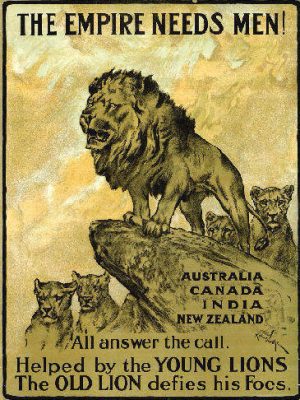
Nationalism As A Cause Of World War I
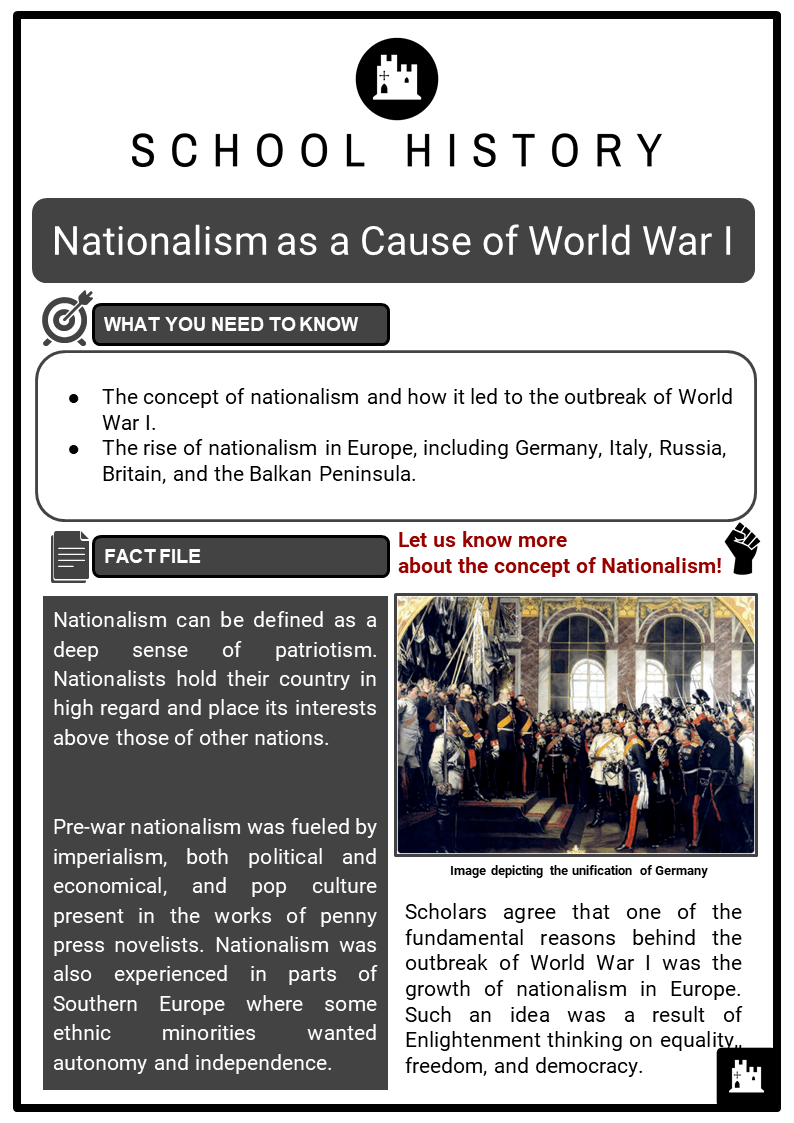
Nationalism As A Cause Of World War I Key Facts Worksheets

Pros And Cons Of Nationalism My Pros And Cons
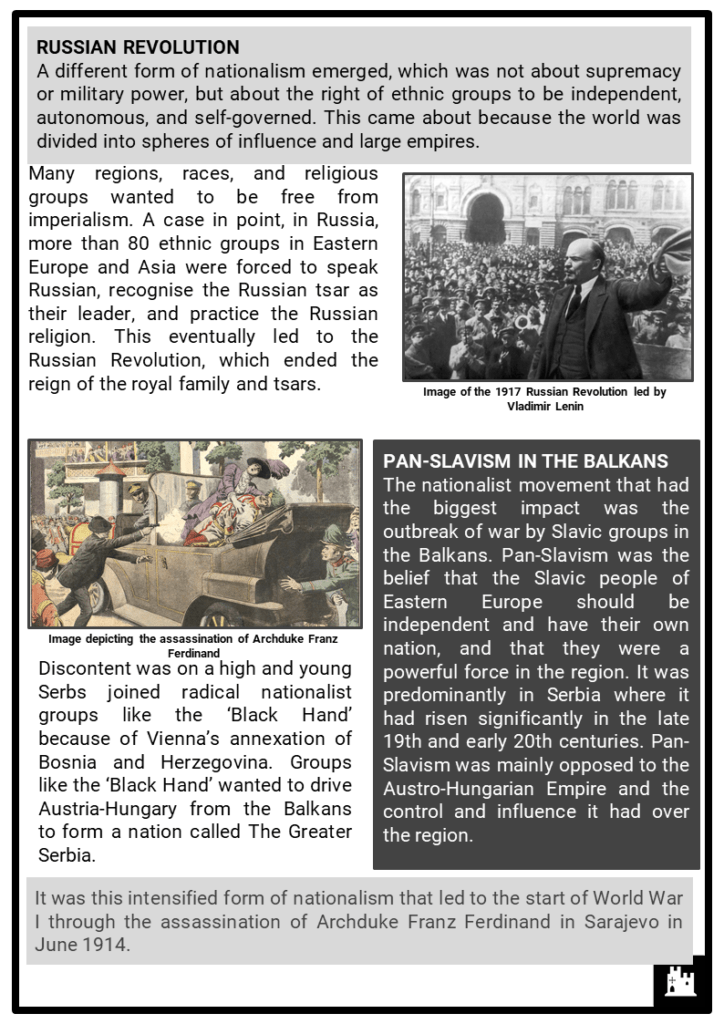
Nationalism As A Cause Of World War I Key Facts Worksheets
Nationalism Modern American History

Outbreak Of Wwi M A I N Causes Of World War I Causes Of Wwi Imperialism Nationalism Militarism Alliances Ppt Download
Rallying Support For The War Effort Wwi Smithsonian Institution

What Role Did Nationalism And Imperialism Play In The Road To World War I

Nationalism As A Cause Of World War I
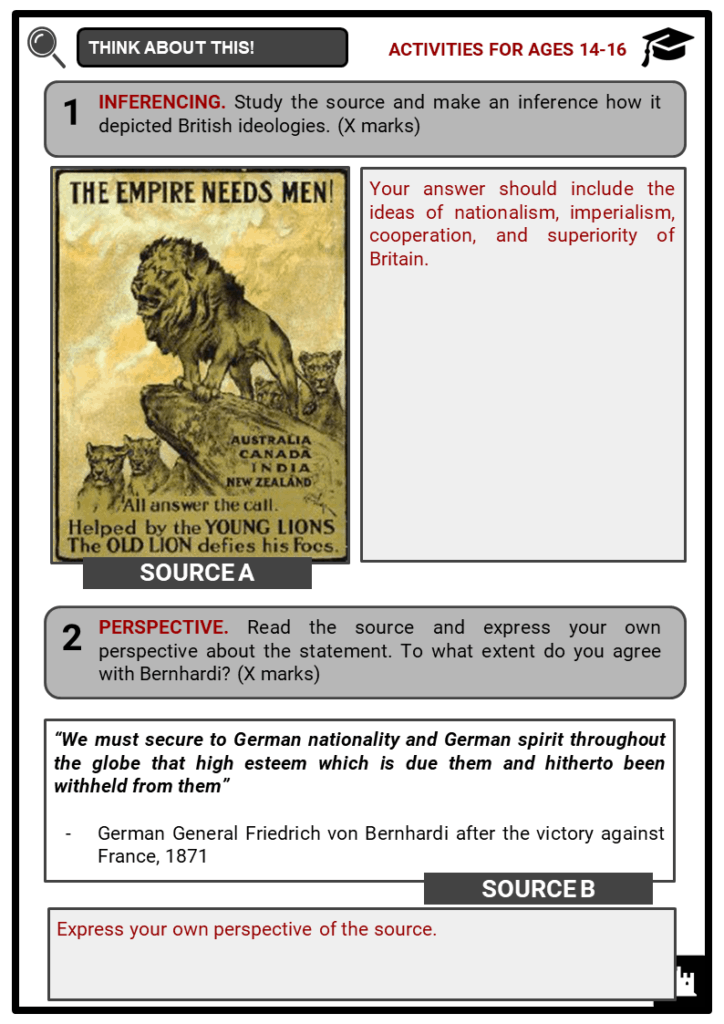
Nationalism As A Cause Of World War I Key Facts Worksheets

Nationalism Definition For Kids Youtube

Propaganda For Patriotism And Nationalism The British Library
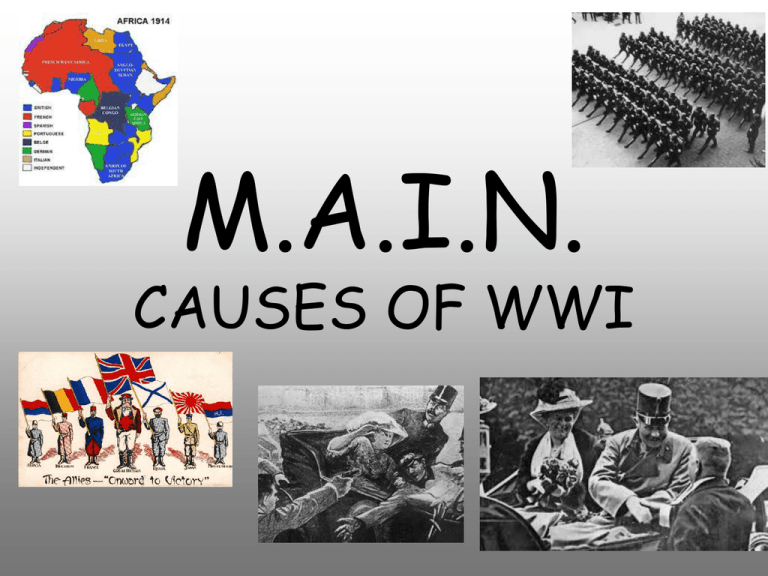
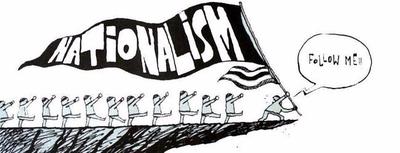



Post a Comment for "Define Nationalism In Ww1"